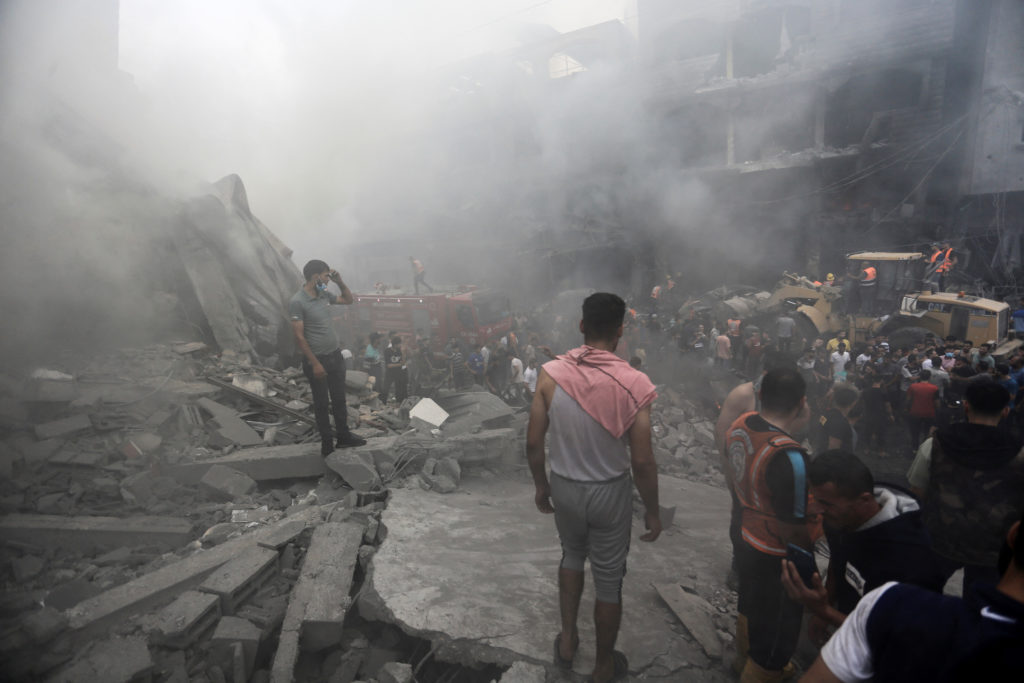CHICAGO (AP) — Illinois leaders went to court Monday to stop President Donald Trump from sending National Guard troops to Chicago, escalating a clash between Democratic-led states and the Republican administration during an aggressive immigration enforcement operation in the nation’s third-largest city.
The legal challenge came hours after a judge blocked the Guard’s deployment in Portland, Oregon.
The Trump administration has portrayed the cities as war-ravaged and lawless amid the government’s crackdown on illegal immigration. Officials in Illinois and Oregon insist that military intervention isn’t necessary and that federal actions only inflame tensions.
The lawsuit alleges that these advances in President Trump’s long-declared ‘War’ on Chicago and Illinois are unlawful and dangerous. Illinois Gov. JB Pritzker, a Democrat, claimed that approximately 300 of the state’s guard troops were slated for federalization and deployment in Chicago, alongside 400 from Texas.
The lawsuit emphasizes, The American people, regardless of where they reside, should not live under the threat of occupation by the United States military, particularly not simply because their city or state leadership has fallen out of a president’s favor.”
Pritzker described the planned deployment as akin to “Trump’s invasion” and urged Republican Texas Gov. Greg Abbott to intervene. Abbott defended the crackdown as essential for the protection of federal workers engaged in immigration enforcement in the city.
White House spokesperson Abigail Jackson confirmed that Trump authorized deploying Illinois National Guard members, citing ongoing violent riots and lawlessness that local leaders haven't contained.
Meanwhile, Chicago Mayor Brandon Johnson announced an executive order prohibiting federal immigration agents from using city property, like parking lots and vacant lots, as staging areas for enforcement operations.
The presence of Border Patrol agents in Chicago has raised alarms, particularly in immigrant-heavy and predominantly Latino neighborhoods, after a month of intensified immigration operations.
On a similar note, U.S. District Judge Karin Immergut in Portland issued a temporary restraining order to block the deployment of guard troops from Oregon and California, questioning the legal appropriateness of the President's actions.
The lawsuits and protests reflect broader discord regarding federal immigration policies and the role of military presence in local law enforcement, with many calling for community-based solutions over federal military intervention.






















